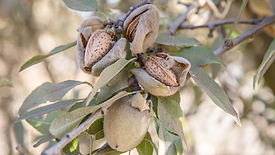Articles by Food Safety Magazine Editorial Team
BIZTRACKS
UK FSA Endorses Qualification Course for Animal Feed Regulators
September 5, 2024
Never miss the latest news and trends driving the food safety industry
eNewsletter | Website | eMagazine
JOIN TODAY!Copyright ©2025. All Rights Reserved BNP Media.
Design, CMS, Hosting & Web Development :: ePublishing










